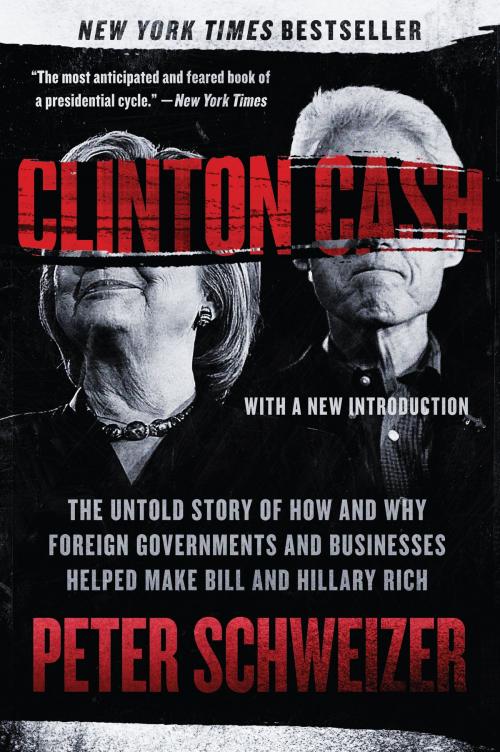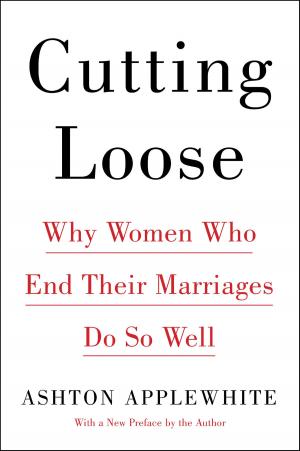Clinton Cash
The Untold Story of How and Why Foreign Governments and Businesses Helped Make Bill and Hillary Rich
Nonfiction, Social & Cultural Studies, Political Science, Government| Author: | Peter Schweizer | ISBN: | 9780062659439 |
| Publisher: | Harper Paperbacks | Publication: | July 26, 2016 |
| Imprint: | Harper Paperbacks | Language: | English |
| Author: | Peter Schweizer |
| ISBN: | 9780062659439 |
| Publisher: | Harper Paperbacks |
| Publication: | July 26, 2016 |
| Imprint: | Harper Paperbacks |
| Language: | English |
Most people assume that the Clintons amassed their considerable wealth through lucrative book deals and speaking gigs that sometimes paid as much as $750,000. But who paid these fees, and why?
As Peter Schweizer reveals, the Clintons typically blur the lines between politics, philanthropy, and business. Consider the following: Bill flies into a third world country where he spends time in the company of a businessman. A deal is struck. Soon after, enormous contributions are made to the Clinton Foundation, while Bill is commissioned to deliver a series of highly paid speeches. Some of these deals require approval or review by the US government and fall within the purview of a powerful senator and secretary of state. Often the people involved are characters of a kind that an American ex-president (or the spouse of a sitting senator, secretary of state, or presidential candidate) should have nothing to do with.
This blockbuster exposé reveals the mysterious multimillion-dollar Foundation gift from an obscure Indian politician that coincided with Senator Clinton’s reversal on the nuclear nonproliferation treaty; how Secretary of State Clinton was involved in allowing the transfer of what was projected to be 50 percent of US domestic uranium output to the Russian government; how multimillion-dollar contracts for Haiti disaster relief were awarded to donors and friends of Hillary and Bill . . . and more.
Clinton Cash raises serious and alarming questions of judgment, of possible indebtedness to an array of foreign interests, and, ultimately, of fitness for high public office.
Most people assume that the Clintons amassed their considerable wealth through lucrative book deals and speaking gigs that sometimes paid as much as $750,000. But who paid these fees, and why?
As Peter Schweizer reveals, the Clintons typically blur the lines between politics, philanthropy, and business. Consider the following: Bill flies into a third world country where he spends time in the company of a businessman. A deal is struck. Soon after, enormous contributions are made to the Clinton Foundation, while Bill is commissioned to deliver a series of highly paid speeches. Some of these deals require approval or review by the US government and fall within the purview of a powerful senator and secretary of state. Often the people involved are characters of a kind that an American ex-president (or the spouse of a sitting senator, secretary of state, or presidential candidate) should have nothing to do with.
This blockbuster exposé reveals the mysterious multimillion-dollar Foundation gift from an obscure Indian politician that coincided with Senator Clinton’s reversal on the nuclear nonproliferation treaty; how Secretary of State Clinton was involved in allowing the transfer of what was projected to be 50 percent of US domestic uranium output to the Russian government; how multimillion-dollar contracts for Haiti disaster relief were awarded to donors and friends of Hillary and Bill . . . and more.
Clinton Cash raises serious and alarming questions of judgment, of possible indebtedness to an array of foreign interests, and, ultimately, of fitness for high public office.















